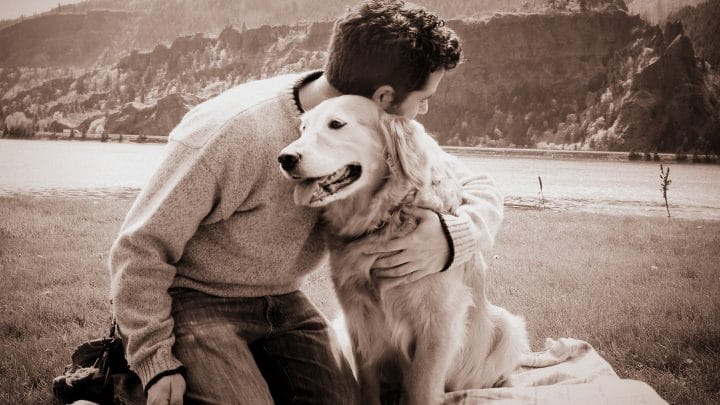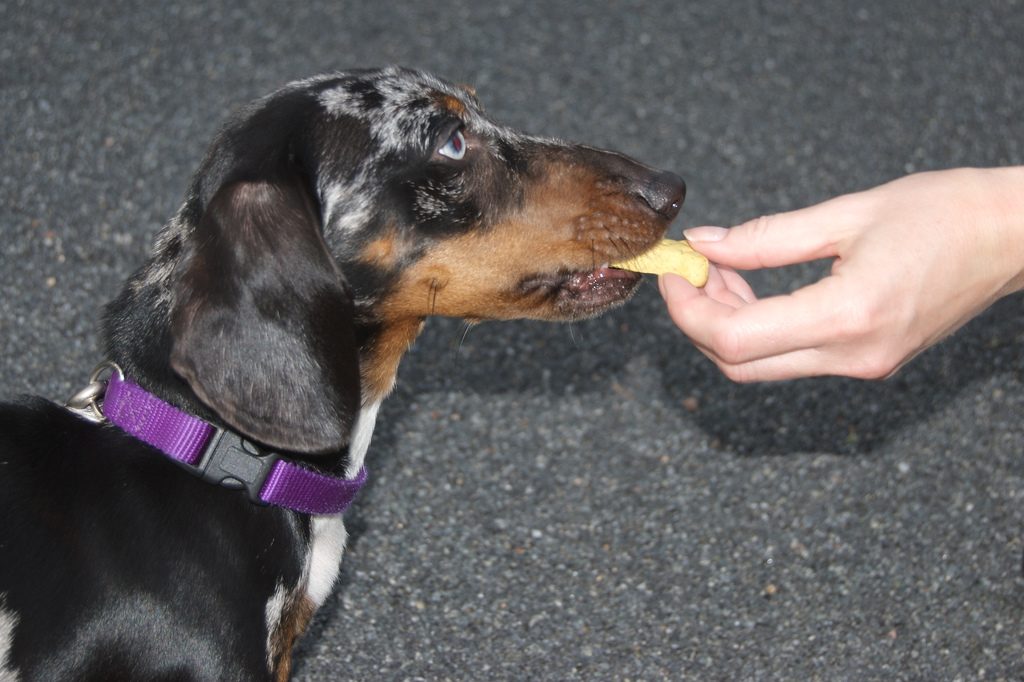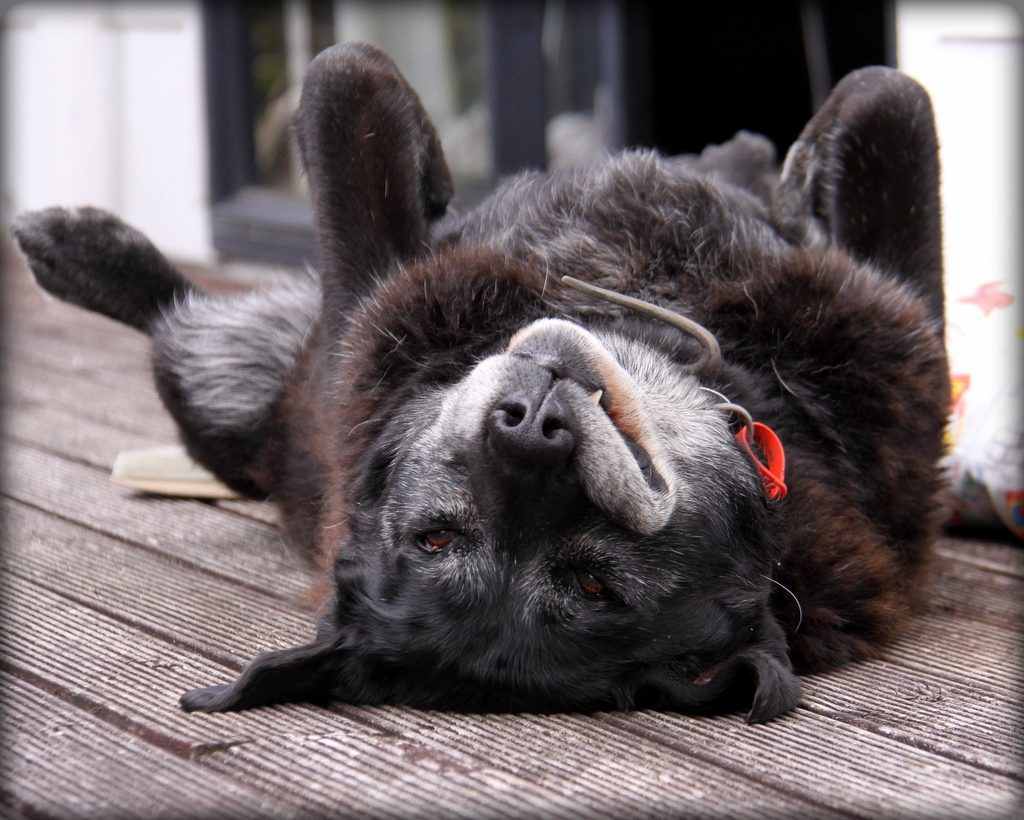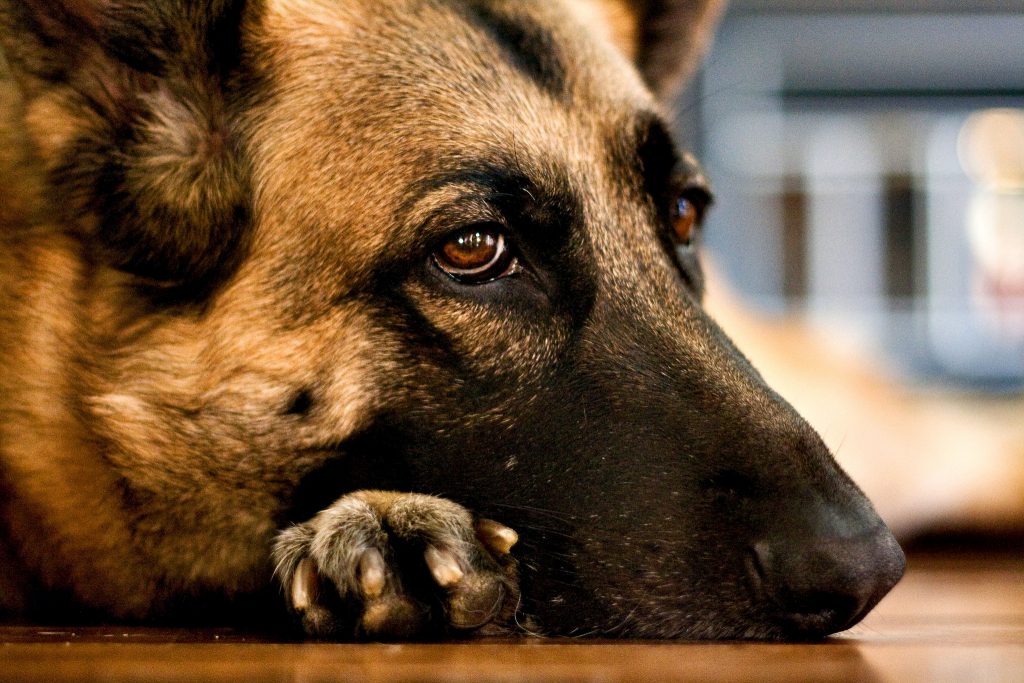Can you teach an old dog new tricks? The answer is a resounding yes. Here are nine tips and tricks on how to train an older dog.
It’s Never Too Late (for a Treat)
Don’t let old cliches make you assume you can’t teach an old dog new tricks. Even an older pooch, with no prior training, can wrap their brain around the following instructions.
Reward training is going to be the key for your adult dog to learn positive behaviours and reduce even a lifetime of bad manners.
Two Critical Tools for the Job
In addition to your canine, you’ll need two other constant companions for the training travails:
- Dog Treats
- People Patience
You’ll need both of these if you want your adult dog to reach their training goals at this later life stage.
Also be mindful of quality and quantity. Your treats should be quality, something your special buddy particularly goes wild for, and your patience should be in large quantity, or you’ll be the one going wild with frustration.
Things Start Great with Crates
They’re older and larger, so you might feel wary constricting them with a crate, but they need the same basic structure as a puppy.
Get a crate that’s the proper size, build up their endurance for staying in it, and get them to adopt it as their den.
Food and rewards will enhance the association with a positive experience. Never use the crate as a punishment—that makes it feel like a prison.
Until they’re trained in other social canine graces, the crate can be their residence when you aren’t able to supervise. Crate training is not a good idea if your dog suffers from separation anxiety.
Dog Behaviour Online offers a helpful video to get started:
https://www.youtube.com/watch?v=kZHk_7N_AXY
On to Other Business (As In Doing Theirs)
If an adult dog treats the crate as their den, they’ll be unlikely to pee or poop in it. You can get them used to doing their business outside and then get them let them have the run of the house.
Still, they might have ingrained habits that make them soil inside, so you may need to troubleshoot the following issues:
- Do they have a habit-formed surface preference for carpet, newspaper, etc?
- Do they have a fear of the outdoors, or inclement weather?
- Do they suffer from separation anxiety?
The best thing, of course, is to get them outside and catch them in the act of doggy business.
Praising and rewarding bladder and bowel behaviour is going to reinforce the location and habit. If you catch them peeing inside, try clapping to startle and stop them midstream…then usher them outside to finish. Find out more in our article, How to Potty Train an Older Dog.
The Blue Cross offers other helpful tips on toilet training here.
Vet Your Dog’s Health
Can you train an old dog to do absolutely anything? Certainly there are limitations to consider, and a veterinary consultation is wise before training beyond the basics.
An older dog may have joint and arthritis issues, so jumping or catching the frisbee might be unwise choices that frustrate you and hurt your four-legged friend.
An older dog’s training might need to start with something easier, like shake, sit, or lie down.
The Animal Rescue League gives some tips on teaching some basic behaviours in this video.
In some cases, an elderly dog may have cognitive dysfunction (doggie dementia). Dogs at this stage need love and patience, because training at this point in life may not be possible. Getting professional opinions, knowing your dog, and loving them in light of limitations is critical.
Long on Patience, Short on Sessions
Perhaps the easiest health angle to recognise is that they’re older, and tire more quickly. They don’t have the exuberance of youth, so don’t train them like a puppy. Keep training sessions short and learn your dog’s signs of exhaustion, which might include:
- Yawning
- Drooping ears
- Excessive lip licking
- Lifting front paw
- Sniffing the ground
Clear, Singular Focus
They’re older, so it feels like the pressure’s on you to catch them up on training. You might mistakenly embark on a long list of desired behaviours or responses, juggling multiple tricks at once. Don’t get them confused! Start with one or two, like come or heel, and only introduce an additional trick once they’re catching on to the first one.
Social Lubricant
Your dog may be open to learning new things if new stimuli is a part of life.
An older, untrained dog may not have been socialised, and new places, people, animals, and experiences will invigorate your dog’s mind and usually make them more interested in learning new tricks, too.
Adult dogs shouldn’t be socialised like puppies, who are frequently fine being loose together. An older dog needs to learn calm, public behaviour as people and animals and other canines cross their path. An introduction to one new friend at a time is preferable.
Out With The Old, In With The New
“You must unlearn what you have learned.” – Yoda
Acquiring a new behaviour or trick is going to be a lot easier for your older dog than a behaviour you want to limit.
It’s going to require a lot more patience to eliminate acts they’ve been allowed to do repeatedly from puppy to adulthood.
Use treats to reinforce alternative behaviours, but not to feed them in an attempt distract from jumping up or being aggressive. Your dog will misinterpret this as a reward for the negative behaviour.
Provided you and your pooch hang in there (and the monthly treat costs don’t break the bank), your old dog shouldn’t have any more trouble picking up new tricks than an energetic young pup. The bonding experience for both of you will be more than worth it.
And if your favourite furry friend needs someone to look after them when you can’t be around, you can find their perfect match on Rover.com. We’ve got lots of fantastic dog sitters across the UK who offer dog boarding.
___






